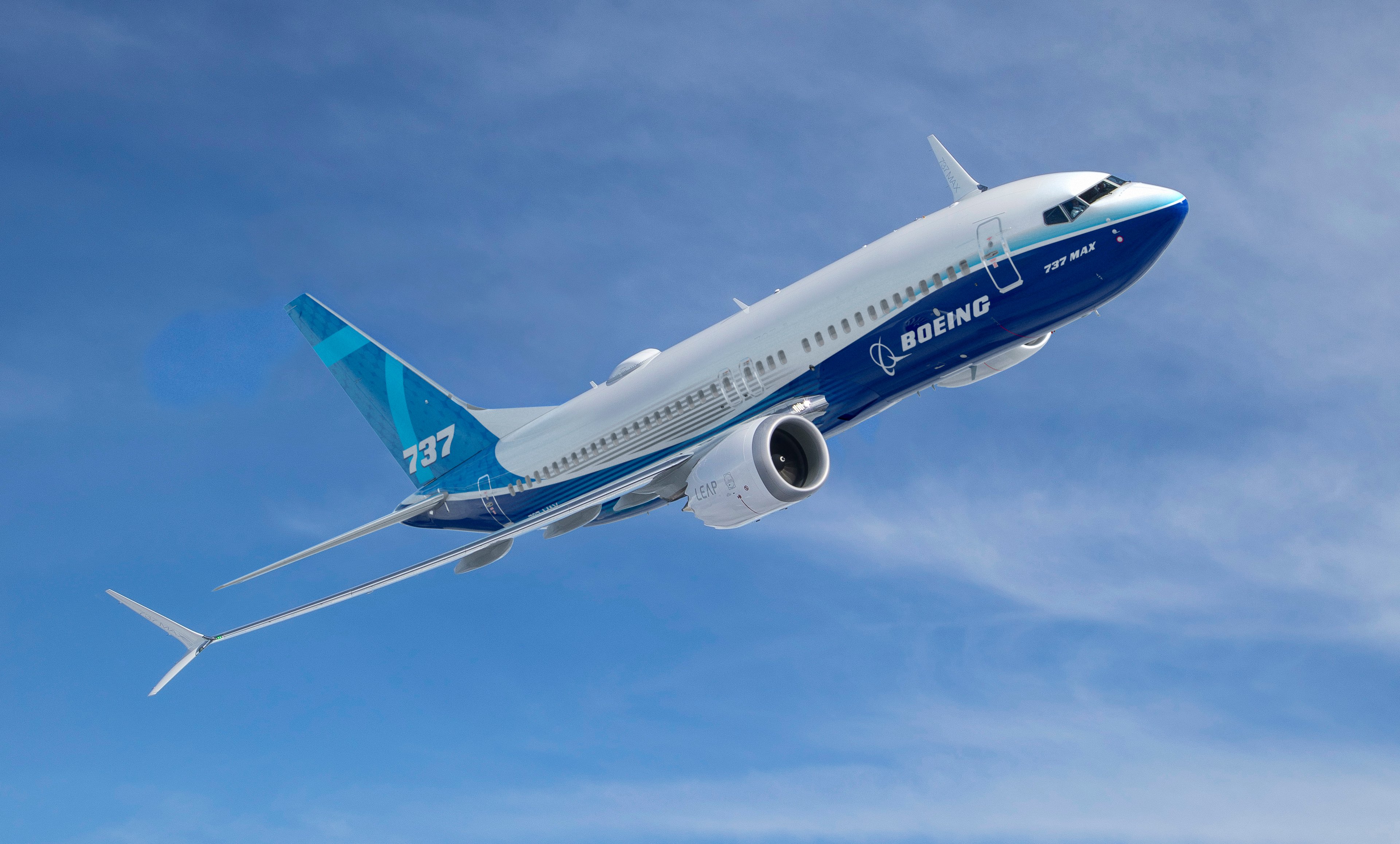The Arlington, Virginia-based company presents one of the most intriguing stocks on the market today. On the one hand, Boeing's (BA 1.84%) medium-term outlook is positive, albeit with potential headwinds (one of which resurfaced in the third quarter). However, there are some long-term concerns. Here's a balanced look at the prospects for the aerospace giant.
The case for buying Boeing stock
As previously discussed, Boeing is getting back on track under CEO Kelly Ortberg, who took over in August 2024. It recently received Federal Aviation Administration (FAA) approval to increase its production rate on the Boeing 737 MAX to 42 per month from 38, setting Boeing on a path to execute on its current backlog of 5,954 airplanes, of which 4,349 are for the Boeing 737 MAX.
The value of the backlog in commercial airplanes is $535 billion, and investors are hoping Boeing can execute on it over time. Ortberg outlined Boeing's plan to increase the monthly production rate by five units per month, with a six-month gap between each increase.

Image source: Boeing.
The progress on the 737 MAX (Boeing's most important aircraft) is a major positive, and Ortberg confirmed that "We are, as we speak, rolling at the 42 rate," even if it might not hit 42 in a given month before the end of the year, given holidays and the number of days in a month.

NYSE: BA
Key Data Points
In addition, the recent third-quarter earnings saw Boeing generate earnings from its defense business, Boeing Defense, Space and Security (BDS), for the third straight quarter. It's a demonstration that management is finally getting a handle on some of the problematic fixed-price development programs that have caused multi-billion-dollar losses in recent years, even though they represent just 15% of Boeing's defense business.

Data source: Boeing presentations. Chart by author.
There was more good news from the third quarter, as new CFO Jesus Malave noted that "this was the first positive free cash flow quarter since the fourth quarter of 2023 and serves as an important progress point in our company's recovery."
Third-quarter headwinds
That said, the third quarter wasn't without disappointment, marked by a $4.9 billion charge resulting from a reassessment of the certification timeline for its widebody 777X. Additionally, management revised its estimate for the date of first delivery to 2027 from 2026, with Ortberg noting that "completion of our certification program is taking longer than expected."
Digging into the details, Ortberg said, "We very much underestimated how much work it was going to take for us to get the type inspection approval (TIA) that allows flight tests to be used for certification purposes by the FAA.
Frankly, this is a disappointment and reflects the execution issues that Boeing has faced in recent years. The 777X is a key new widebody airplane that airlines plan to use to expand routes, and the latest setback could damage airlines' confidence in placing orders.
Long-term considerations for Boeing stock
While it may seem overly forward-looking to think about what might happen in 2035, the reality is that new airplanes take years to develop. As former Boeing CEO Dave Calhoun argued, a new airplane could cost $50 billion to develop.
Yet, Boeing has net debt of over $30 billion and is set to use up $2.5 billion in cash in 2025. Furthermore, it's not clear that Boeing is willing to adopt an open fan engine that GE Aerospace's joint venture, CFM International, might develop as part of its Revolutionary Innovation for Sustainable Engines (RISE) program.
That might be a concern if Airbus adopts it (Airbus and CFM are partnering on testing open fan technology) , and it proves to be as efficient an engine as GE Aerospace and CFM believe it could be.

Image source: Getty Images.
A stock to buy?
Despite the 777X setback, the medium-term outlook for Boeing remains constructive. However, if you are a long-term buy-and-hold investor, consider where Boeing could be in the next 10 years, as it will require cash to develop a new plane. Additionally, the news flow surrounding Boeing's preference for a new engine for a next-generation narrowbody is a key watch item.







